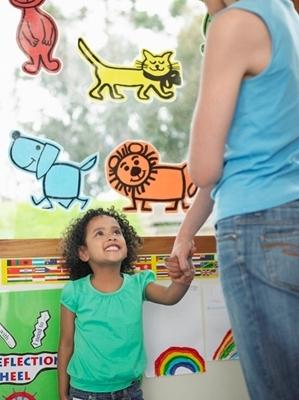
by webdev | Sep 1, 2018 | News
Parents of Young Children: Put Down Your Smartphones
Too much tech and too little talk could delay communication development.
Parents today are more pressed for time than any other generation of parents—and constantly connected. Read more here

by webdev | Sep 1, 2018 | News
Parents and teachers are worried. They believe that today’s kids are growing up in an unkind world and that learning to be kind is
even more important than getting good grades. But, when it comes to defining “kind,” parents and teachers don’t always agree. That’s according to a new survey of some 2,000 parents and 500 teachers from the educational nonprofit behind Sesame Street, Sesame Workshop. More information here.

by webdev | Sep 1, 2018 | News
New research suggests it’s how parents talk to their infants, not just how often, that makes a difference for language development.
Research has repeatedly touted the benefits of exposing children to language from an early age, but a new study published in the journal Infancy got
more specific, finding that verbally engaging with babies—listening to their gurgles and coos and then responding, conversation-style—may speed up their language development more than simply talking at them or around them. Read more here.

by webdev | Sep 1, 2018 | News
Everyone knows that getting a baby to sleep through the night
can be a big challenge for parents. But sleep problems are common among preschool and school-age children, too. As we ask children to function in school, academically and socially, fatigue can affect their achievement and behavior.
Australian research on sleep problems in children has included work aimed at the “school transition” year in which children adjust to a school schedule. Read More

by webdev | Sep 1, 2018 | News
What teachers know about helping kids behave and what you can use at home
You wrestle for ten minutes with your 3-year-old to get his jacket on, yet his preschool teacher has ten kids (including yours) dressed for the playground in less than three. What’s her secret? Partly, of course, the advantage of not being a parent—kids really are more inclined to behave for outsiders.
But it’s not only that. Teachers develop all sorts of tricks to help young kids learn, keep the classroom more efficient, and make their job more enjoyable. This is hardly surprising. Preschool teachers have year after year of experience with this challenging age group. Fortunately, they’re more than willing to share the keys to their success with eager (and sometimes frustrated) parents
Read More.








